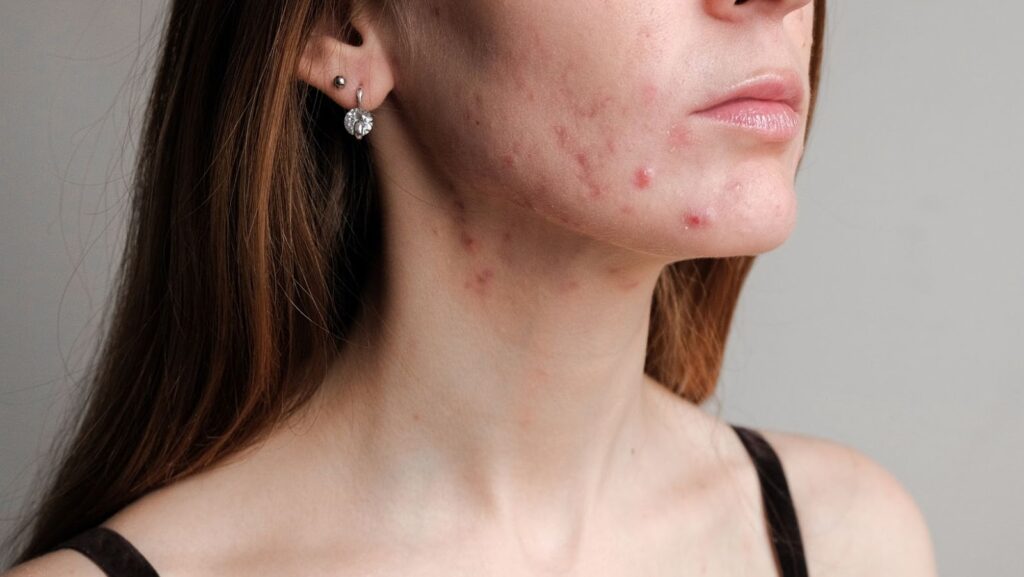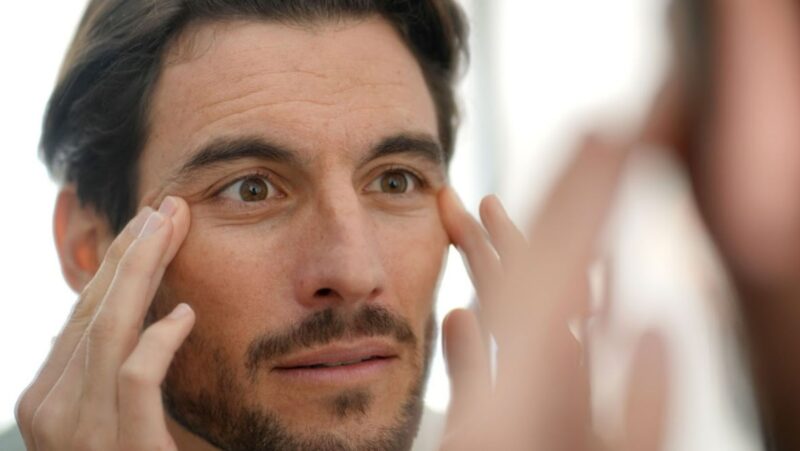
Acne is a common skin condition that can affect people of all ages. It is characterized by the appearance of pimples, blackheads, and whiteheads on the skin. Acne is caused by a variety of factors, including hormones, bacteria, and excess oil production. While there is no cure for acne, there are many treatments available that can help to control the condition. One treatment that is gaining popularity is collagen therapy. Collagen is a protein found in the skin that gives it structure and strength. As we age, our bodies produce less collagen, which can lead to wrinkles and sagging skin. However, collagen can also help to diminish the appearance of acne scars and improve the overall appearance of the skin.
Collagen therapy for acne involves injecting collagen into the affected areas of the skin. This helps to fill in any depressions or scars that may be present. It also gives the skin a more youthful appearance by plumping up the skin and reducing wrinkles. While collagen therapy can be an effective treatment for acne, it is important to remember that it is not a cure. Acne will still occur, but the frequency and severity may be reduced. It is also important to continue to use other acne treatments, such as topical creams and oral medications, in order to keep the condition under control.
does collagen help with acne
Collagen can help to diminish the appearance of acne scars and improve the overall appearance of the skin. It is also important to continue to use other acne treatments, such as topical creams and oral medications, in order to keep the condition under control.
The benefits of collagen for acne-prone skin
Some potential benefits of using collagen for acne-prone skin include:
-Reduced appearance of scars
-Improved skin texture
-Decreased inflammation
-Faster healing time
– Prevention of new breakouts
If you are considering using collagen for your acne, it is important to consult with a dermatologist to determine if it is the right treatment for you.
How to add collagen to your skincare routine
If you are interested in trying collagen for your acne, there are a few ways to add it to your skincare routine:
-Topical treatments: There are a number of topical collagen treatments available, such as creams, serums, and masks. These can be found at most drugstores or online.
-Collagen supplements: You can also take collagen supplements in the form of pills or powder. These are typically taken once or twice a day.
-Collagen injections: Injections of collagen into the skin are also an option. This should be done by a professional, such as a dermatologist or plastic surgeon.
No matter which method you choose, it is important to be patient when using collagen for acne. It can take several weeks or even months to see results. Collagen therapy can be an effective treatment for acne, but it is important to remember that it is not a cure. Acne will still occur, but the frequency and severity may be reduced. It is also important to continue to use other acne treatments, such as topical creams and oral medications, in order to keep the condition under control.












